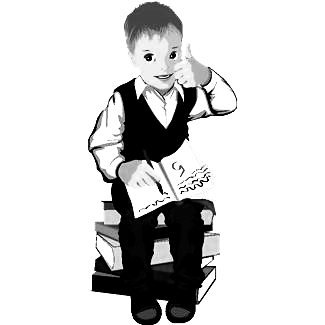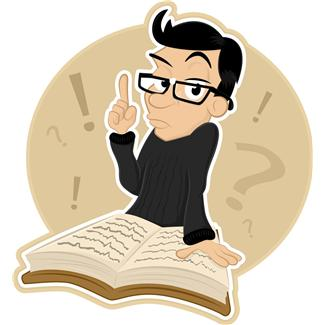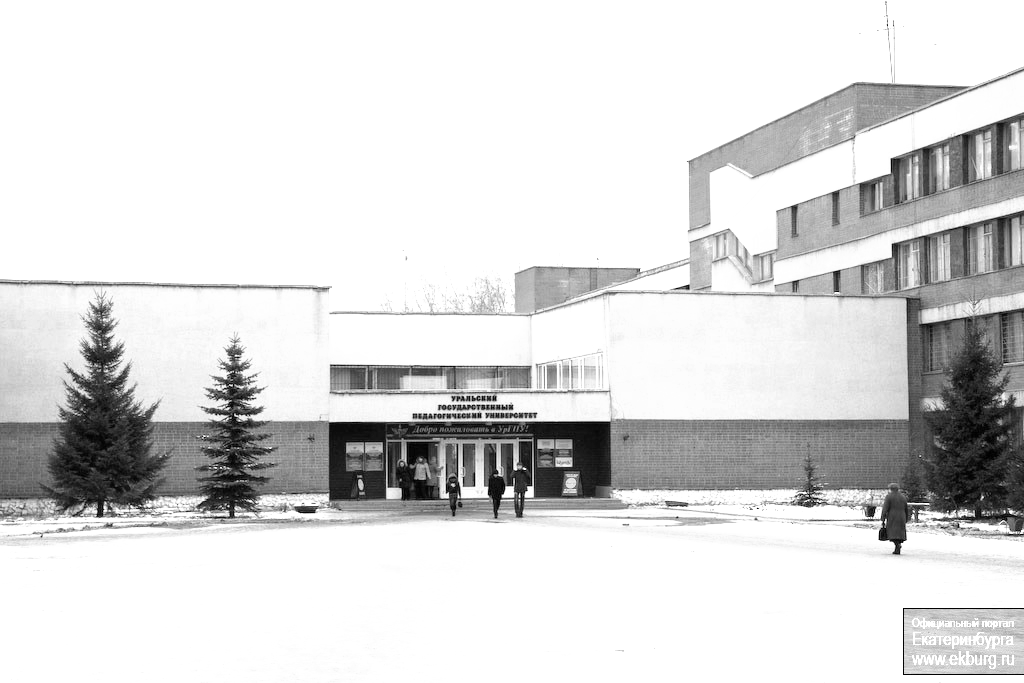
Англ. Темы образцы / Studies Exercises
.docIV. Studies
Active vocabulary
|
entrance exams |
вступительные экзамены |
|
to train in many subjects |
обучаться по многим предметам |
|
to fail in exams |
провалиться на экзамене |
|
to take the exam |
сдавать экзамен |
|
to pass the exam |
сдать экзамен |
|
to miss a lesson |
пропустить занятие |
|
to do well in… |
хорошо успевать |
|
a grant |
стипендия |
|
to live in a hostel |
жить в общежитии |
|
to enter the University |
поступить в университет |
|
an extra-mural department |
заочное отделение |
|
day department |
очное отделение |
|
full-day student |
студент-очник |
|
to be top in smth |
быть лучшим в чем-то |
|
to enjoy oneself |
хорошо провести время |
|
lecturer |
лектор, преподаватель вуза |
|
to be present at… |
присутствовать |
|
to be absent from |
отсутствовать |
|
to attend classes |
посещать занятия |
|
to miss classes |
пропускать занятия |
|
to do homework |
делать домашнее задание |
|
to be prepared for |
быть готовым к… |
|
to have gaps in knowledge |
иметь пробелы в знаниях |
|
to be strong in… |
быть сильным в … |
|
to be weak in… |
быть слабым в… |
|
poor attendance |
плохая посещаемость |
|
to be expelled from |
быть исключенным из |
|
an academic year |
учебный год |
|
main exam |
основной экзамен |
|
to do research |
заниматься наукой |
|
a postgraduate course |
аспирантура |
|
compulsory |
обязательный |
Our University
Task 1. Learn the text by heart.
|
Let me introduce myself – my name is…………… I left school in June and began to prepare for my entrance exams to the University. As both my mother and father are teachers I made up my mind to be a teacher too. I think teaching is a noble profession. |
|
I had to take three exams and passed them with excellent marks. So, I’m glad to tell you that now I’m a first-year student at the Ural State Pedagogical University.
The university was founded in 1930. Now the University has 4 educational buildings, 4 hostels, and a sports center, equipped with all modern facilities.
Today more than 15 thousand students are trained at the departments and branches of the University. There are more than 70 specializations and directions of higher education (specialist, bachelor, and master). The University offers scientific specialties of postgraduate and doctoral education.
The scientific library of the University numbers more than 800 thousand books. We have a good reading-room and for those who go in for sports there is a good gymnasium.
Students’ life is a very full one, both academically and culturally. Students have holidays twice a year, at the end of each set of exams.
Task 2. Learn the dialogue by heart. Make up your dialogue, discuss the first term.
At the University
|
Applicant: What department do you study at? The 3rd year student: I'm a 3rd-year student of the History Department. I've already passed my last exams and soon I'll have my museum practice. |
|
A. I am going to take entrance exams this summer. I've chosen History as my future profession. I hope to pass the exams successfully but many applicants failed last year.
S. It depends on your knowledge. If you study well and if you're fond of History, you'll be enrolled in the University.
A. Is it difficult to study at the History Department?
S. If you work hard at all lectures, tutorials and seminars, if you read a lot of specialized literature and analyze it, then I hope you'll be a good historian.
A. What subjects did you study when you were a first-year student?
S. We studied Archaeology, Ancient History, Latin, Russian History (the period of feudalism), English and some other subjects. At the end of each term we took tests and exams. Each year we present an essay to our scientific adviser and make contributions in class and sometimes at the students' conferences on historical themes/ topics.
A. It sounds attractive.
S. I'm sure you'll enjoy your studies at the University. I wish you good luck at your entrance exams.
A. Thanks a lot.
Task 3. Put each of the following words in the correct space of the passage bellow.
-
staff
primary school

terms
play school
pupils
learn
compulsory start
mixed
Bobby’s parents decided to sent him to a (a)______ when he was three. They wanted him to (b)______ to play with other children. In Britain children must, by law, (c)______ school at the age of five. Education is (d)_____ from then. Bobby’s first real school was the (e)______. There are three (f)_____ a year and holidays at Christmas, Easter and summer. The (g)____ are boys and girls together, so it’s a (h)_____ school. The teacher on the (i)_____ are young and friendly. Bobby likes the school.
-
secondary school
subjects

take
special
state school
marks
private school
pass
fail
Sally has just started her new school at the age of 11. There are different kinds of school from this age, but the general term for them is (a)_____. Sally’s school is a government school. Usually called a (b)____. Some parents pay to send their children to a (c)______. At first Sally will take a lot of different (d)_____ (History, English, Chemistry, etc.) but, after a few years, she’ll begin to (e)_____ in things she is good at and interested in. Then she’ll (f)_____ some exams. If she can (g)____ a number of exams with good (h)_____ (A,B,C), it will help her to get a good job. Of course she hopes she doesn’t (i)____.
-
courses
last

grant
student
degree
studies
graduate
fees
keen
Harry is 21. He passed his school exams with good marks and left school at 19. Now he’s at university. He’s (a)_____ and receives a (b)______ from the state to help him pay the university (c)______ and his personal expenses. He is very (d)_____ on his subject, Mathematics, and he will use it in the future. He works hard and enjoys his (e)______. University (f)______ in Britain usually (g)_____ for three years. After this, Harry hopes to (h)_____. A good (i)____ will get him a good job.
|
mark |
strict |
|
|
graduate |
prepare |
|
|
homework |
classes |
|
|
behave teacher training college |
lessons |
Jo is a teacher of English in a state secondary school. She is a (a)_____ of Sussex University with a degree in English Literature. When she graduated, she first worked in an office but was bad at typing and soon got bored with the job. She decided to teach, so she went to a (b)_____. Jo teaches six different (c)____ of children between the ages of 12 and 18. The pupils enjoy her (d)_____, but she finds it hard work. She gives the children a lot of (e)______ to do, and every evening she has to (f)_____ it and (g)______ for the next day. One problem is that the children in Jo’s school don’t (h) ____ very well. They’re often impolite. Jo and the other teachers have to be very (i) _____ with them.
Task 4. Translate the sentences.
1. Право на образование в России гарантируется конституцией.
2. В средней школе ученики изучают разные предметы.
3. После окончания 9 класса школы молодые люди могут пойти в техникум.
4. Школьники могут продолжить образование в 10 и 11 классе или колледже, дающем углубленные знания по одному или нескольким предметам.
5. Молодые люди, поступившие в институт или университет, учатся там 4 или 5 лет.
7. Студенты вечернего и заочного отделений могут получить образование, одновременно работая.
8. Начальное и среднее образование бесплатно в большинстве школ.
9. Абитуриенты должны сдать 3-4 вступительные экзамена.
10. В случае пропусков занятий без уважительной причины студент может быть отчислен
11. Студенты должны сдавать экзамены только на хорошие и отличные оценки, чтобы получать стипендию.
12. После окончания университета человек может продолжить обучение в аспирантуре.
13. Плохая посещаемость отрицательно сказывается на знаниях студентов.
14. Мне нужно усердно готовиться к экзамену, так как у меня пробелы в знаниях по этому предмету.
Task 5. Speak on the topic: “Ural State Pedagogical University”.



